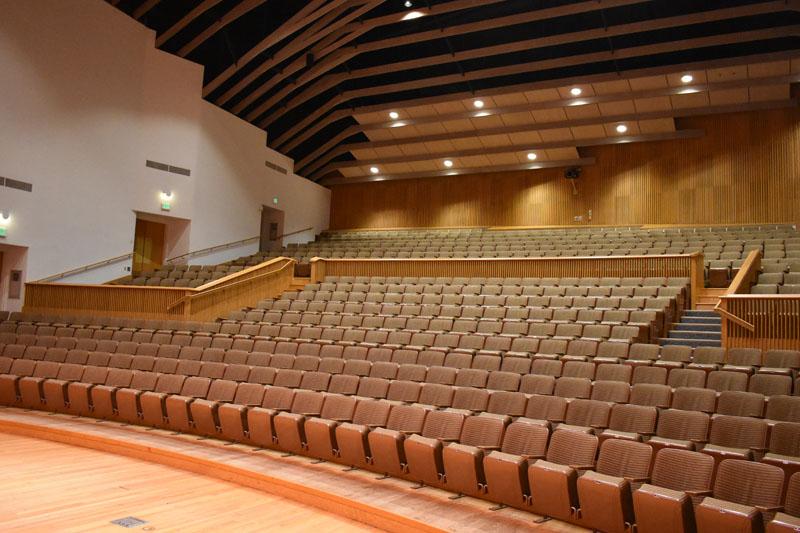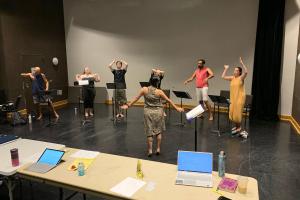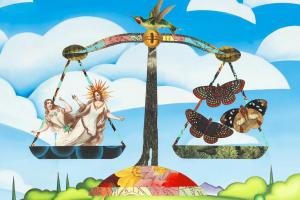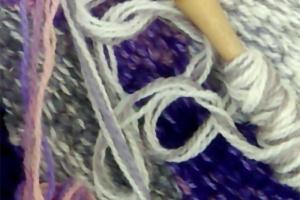First time coming to a concert? Here's what you need to know!
Thank you so much for choosing to attend a concert at WWU! Classical music performances can feel intimidatingly rule-bound, but this brief guide will ensure that you and your fellow audience members feel comfortable and get the most out of the experience. What follows is freely adapted from Eight No-Nonsense Rules for Classical Concertgoers by Stephen Hough.
-
Wear what you like.
Whether you like to get dressed up for a concert or you just came in from a day spent in the garden, whatever you're wearing is fine. We're just grateful you're here!
-
Turn your phone off – not silent, but OFF.
Live music is a gift that can only be received in the present. There's no rewind or playback; if you miss it, you miss it. So give yourself permission to unplug from the outside world, and just live in the moment with the rest of the audience and the performers onstage.
-
Please don’t talk during the performance, and try your hardest not to cough.
Classical music often requires prolonged, focused concentration. It's a courtesy to people around you to make sure everyone gets an equal experience.
It can be challenging to stifle a cough or sneeze, but please do your best. If you really need to clear your throat, please wait until in between movements or quietly step out of the hall for a moment.
-
Clapping between movements is absolutely fine... most of the time. And please give a moment's pause at the end.
The idea that multi-movement works should be heard in total silence is a relatively modern invention. Up until the early 20th century, it was almost expected that the audience would clap between movements, especially if the piece was new. Clapping is a natural expression of joy, and who are we to suppress it!? Performers also appreciate the chance to catch their breath and refocus during the break that applause allows.
Now, there is a caveat to this rule: some movements end with a bang and demand applause, while others close quietly and require a few (or more) seconds of silence to preserve the mood. Loud clapping can easily shatter a fragile final chord, so please be judicious and make sure the music has actually ended before you applaud.
The ringing silence at the end of a long work can be spellbinding. Allowing yourself, your fellow concertgoers, and the performers a moment of quiet to absorb the totality of the music will make the experience richer for everyone.
-
If someone makes a disturbance, be kind.
We're only human, after all. Harsh admonitions from a stranger could be humiliating for someone new to concert-going, and might even convince them to give up on classical music altogether. That's the last thing we want.
-
Concentrate.
There's no point in framing the concert experience like a stroll around Lake Padden when you're actually climbing Mt. Baker. Classical music is all about the long haul, and you might find it a bit tough the first few times you go. But it's really worth it when you get to the top – there's no view to compare with it.
Thank you so much for joining us for this performance. Enjoy the concert!






